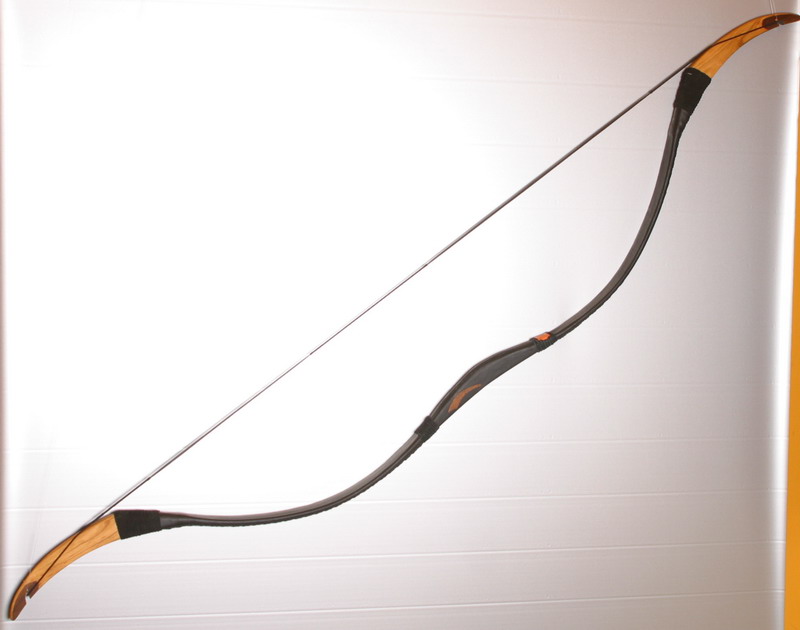| 正面 | 4131.bow 英 [baʊ]美 [baʊ]     |
|---|---|
| 背面 |      释义: 1. take "grasp, seize" => tack- + -le => tackle.2. tack => tackle.分析:ta——“他”的拼音;ck——“刺客”的拼音首字母;le——“了”的拼音。记忆:他把刺客解决了。n. 弓;鞠躬;船首vi. 鞠躬;弯腰vt. 鞠躬;弯腰adj. 弯曲的n. (Bow)人名;(东南亚国家华语)茂;(英)鲍 例句: 1. We should not have to bow down to anyone.我们不必向任何人示弱。 bow 鞠躬,弓来自PIE *bheug, 弯。 bowbow: There are three distinct words bow in English, although two of them, ‘arrow-shooter’ [OE] and ‘bend the body’ [OE], are ultimately related. Bow for arrows comes from Old English boga, which also meant more generally ‘arch’; its source was Germanic *bugon, a derivative of *bug-, the short stem of *beugan. This *beugan was also the source of Old English bōgan, antecedent of modern English bow ‘bend the body’, while the short stem lies additionally behind bright [OE] and bout [16]. Buxom, which originally meant ‘flexible’ and ‘obedient’, derived from bow ‘bend the body’.The other bow ‘front of a boat’ [15] was probably borrowed from Dutch boeg, a word related to English bough.=> bight, bout, buxom; boughbow (v.)Old English bugan "to bend, to bow down, to bend the body in condescension," also "to turn back" (class II strong verb; past tense beag, past participle bogen), from Proto-Germanic *bugon (cognates: Dutch buigen, Middle Low German bugen, Old High German biogan, German biegen, Gothic biugan "to bend," Old Norse boginn "bent"), from *beugen, from PIE root *bheug- (3) "to bend," with derivatives referring to bent, pliable, or curved objects (cognates: Sanskrit bhujati "bends, thrusts aside;" Old High German boug, Old English beag "a ring"). The noun in this sense is first recorded 1650s. Related: Bowed; bowing. Bow out "withdraw" is from 1942. bow (n.1)weapon for shooting arrows, Old English boga "archery bow, arch, rainbow," from Proto-Germanic *bugon (cognates: Old Norse bogi, Old Frisian boga, Dutch boog, German Bogen "bow;" see bow (v.)). The sense of "a looped knot" is from 1540s. The musician's bow (1570s) formerly was curved like the archer's. Bowlegged is attested from 1550s.bow (n.2)"front of a ship," mid-14c., from Old Norse bogr or Middle Dutch boech "bow of a ship," literally "shoulder (of an animal)," the connecting notion being "the shoulders of the ship." See bough." |